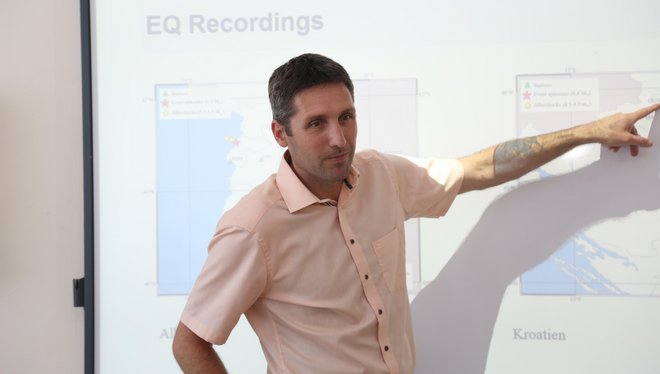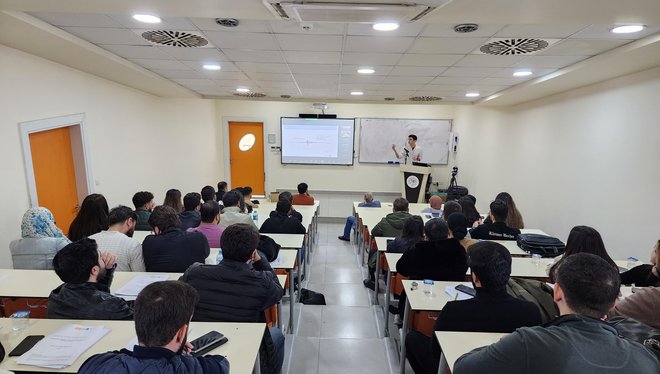Building on the project "Multiscale consequence studies for hazard impact on Structures in Iraq" and the close relationships of the Iraqi doctoral students at the Chair of Advanced Structures, a follow-up project funded by the DAAD was initiated with the University of Sulaimani, Tishk International University, and the Joint Crisis Coordination Centre (JCC). The project is dedicated towards improving earthquake safety in Northern Iraq.




